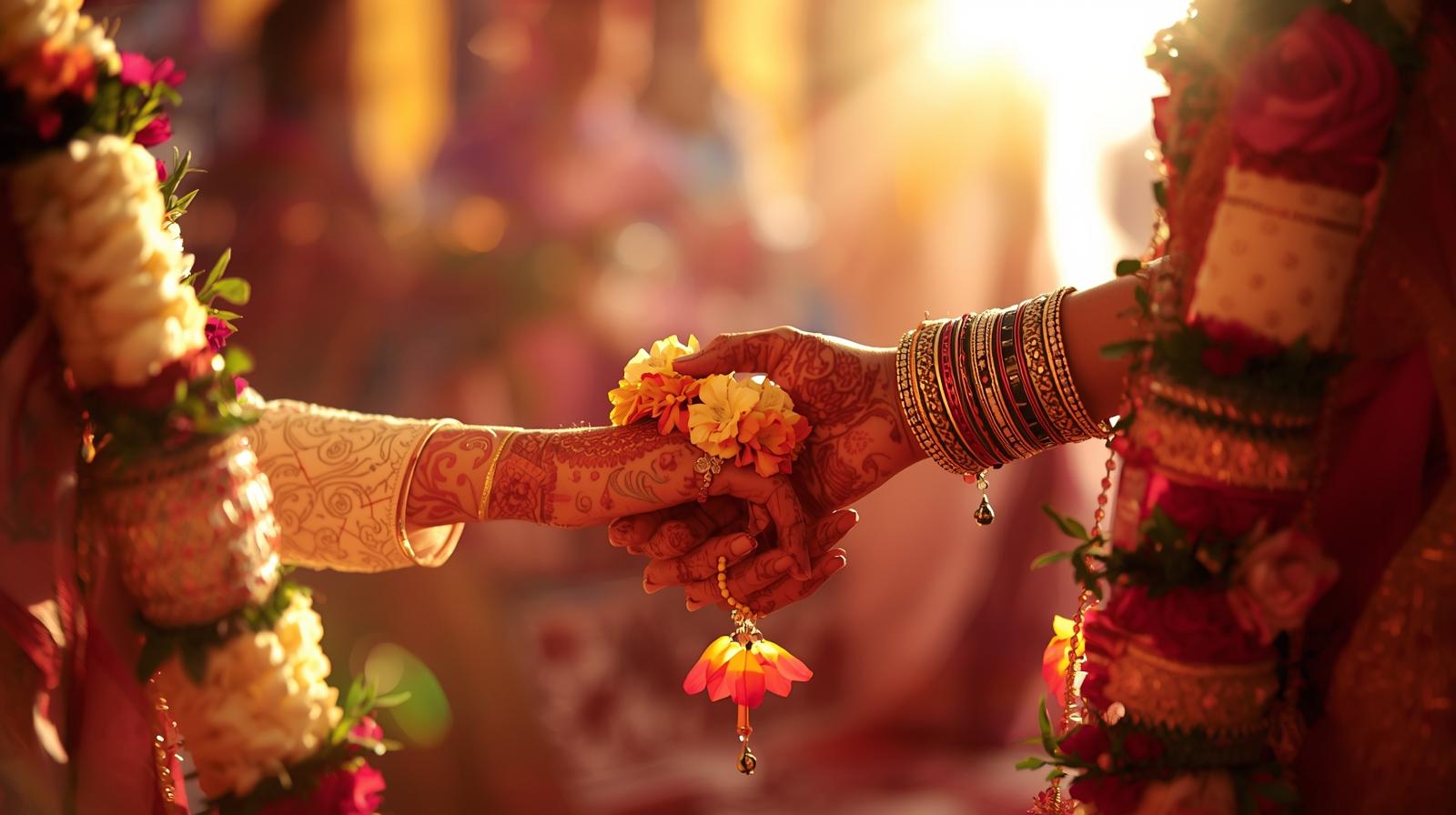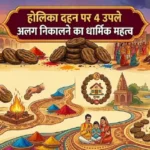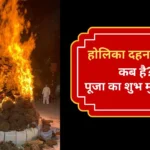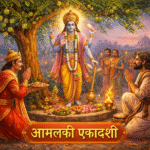Pitru Paksha is a significant period in the Hindu calendar dedicated to honoring ancestors. Lasting for 16 days, this sacred time is observed with rituals like Shraddha and Tarpan, where food and prayers are offered to departed souls. Since the focus is on paying homage and seeking blessings from ancestors, joyous occasions such as marriages, housewarmings, and festivals are avoided.
Why Celebrations Are Avoided in Pitru Paksha
1. Time for Reflection and Devotion
Pitru Paksha is a period of spiritual concentration. Families step away from routine celebrations and focus instead on prayers, offerings, and remembering their ancestors. Conducting festivals or parties during this period is considered disrespectful to the souls of forefathers.
2. Inauspicious for New Beginnings
According to Hindu beliefs, Pitru Paksha is not an auspicious time to begin major life events. Marriages, housewarming ceremonies, and other new ventures are postponed until the period ends. It is believed that starting something new during this time could lead to challenges, delays, or negativity. Waiting until after Pitru Paksha ensures prosperity, positivity, and success.
Read More: What to Eat and Avoid During Pitru Paksha 2025
3. Maintaining Spiritual Focus
The emphasis during Pitru Paksha is on devotion, humility, and gratitude. Families dedicate themselves to ancestor rituals, avoiding grand celebrations that might distract from spiritual practices. This period helps people strengthen their bond with their roots while cultivating peace of mind and blessings from the departed souls.
Conclusion
Avoiding marriages and festivals during Pitru Paksha is a long-followed Hindu tradition rooted in respect and reverence for ancestors. By focusing on rituals, prayers, and offerings instead of celebrations, devotees ensure spiritual growth, peace, and blessings for the entire family. Once the period ends, life’s joyous events are resumed with renewed positivity and divine grace.
Read More:






